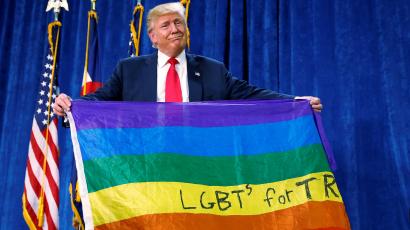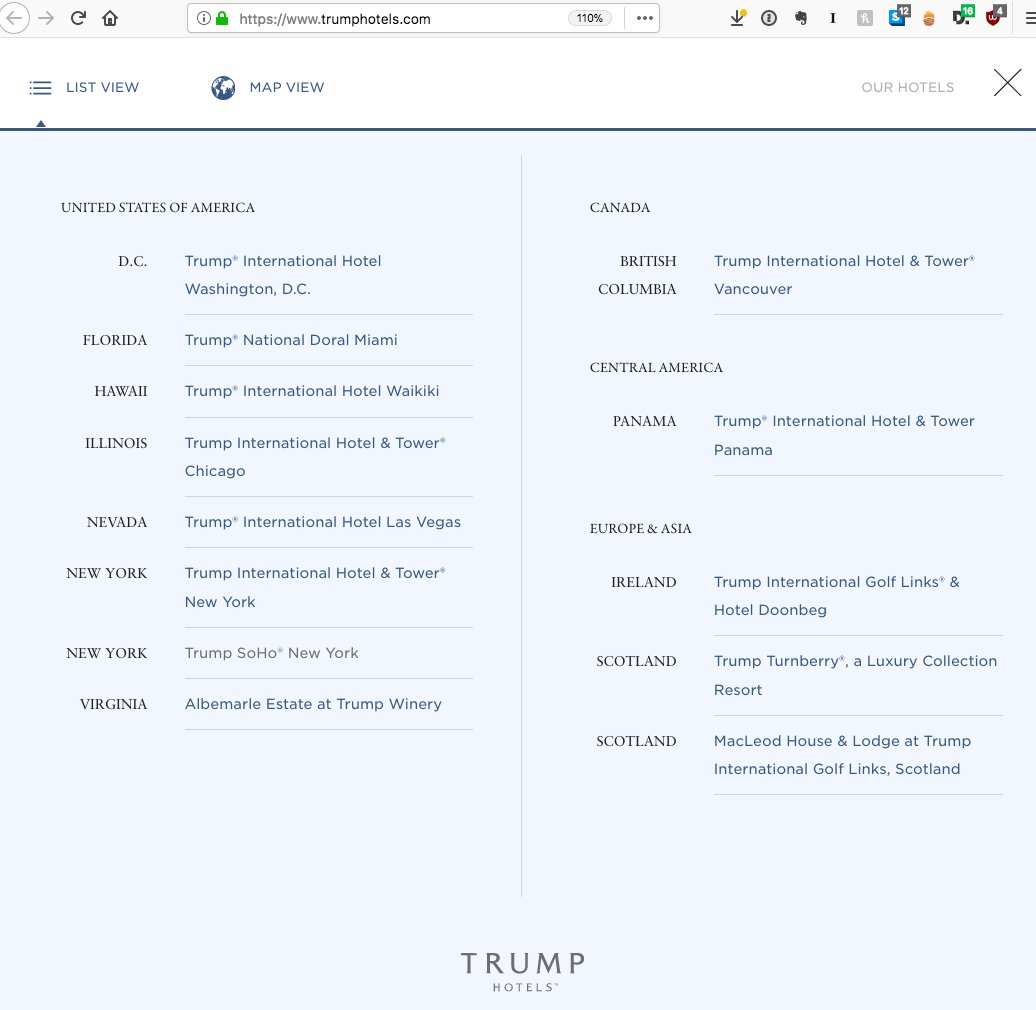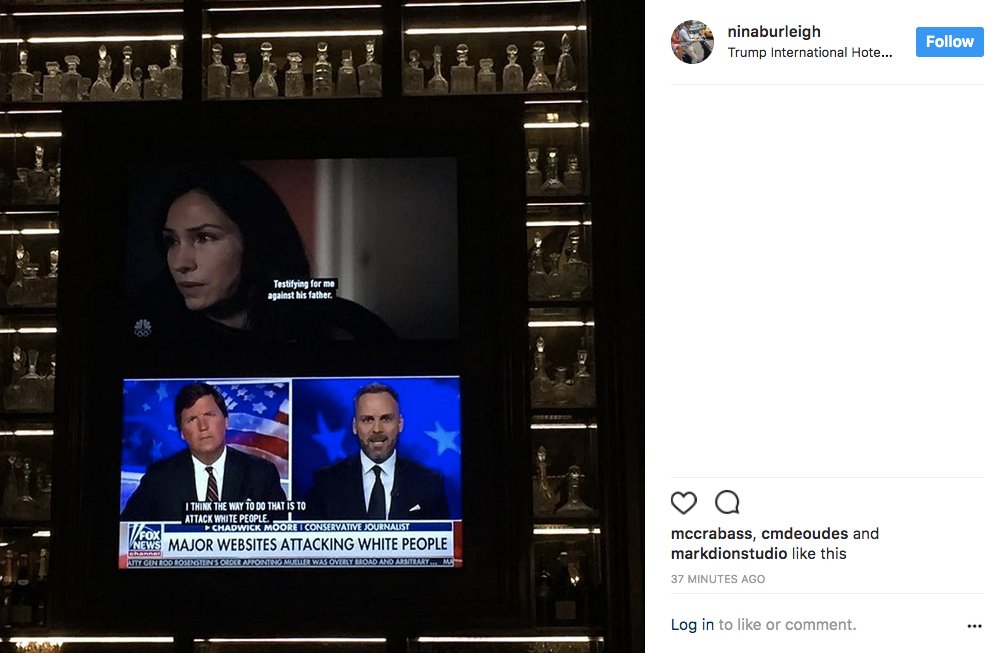1 like = 1 take on Trump 😬
The takes might be hot, the takes might be cold, but the takes will be correct.

But I’m going to 100 anyway. I hope scholars someday debate whether only the First 50 are canonical.
Unforced error = that’s all on you.
The Dems moving left because of primary challengers is a forced error. Trump’s Muslim ban was an unforced error.
google.com/amp/s/newrepub…
google.com/amp/amp.slate.…
"Democracy is the theory that the common people know what they want, and deserve to get it good and hard." - HL Mencken
Merry Christmas everyone, and have a Happy New Year!












